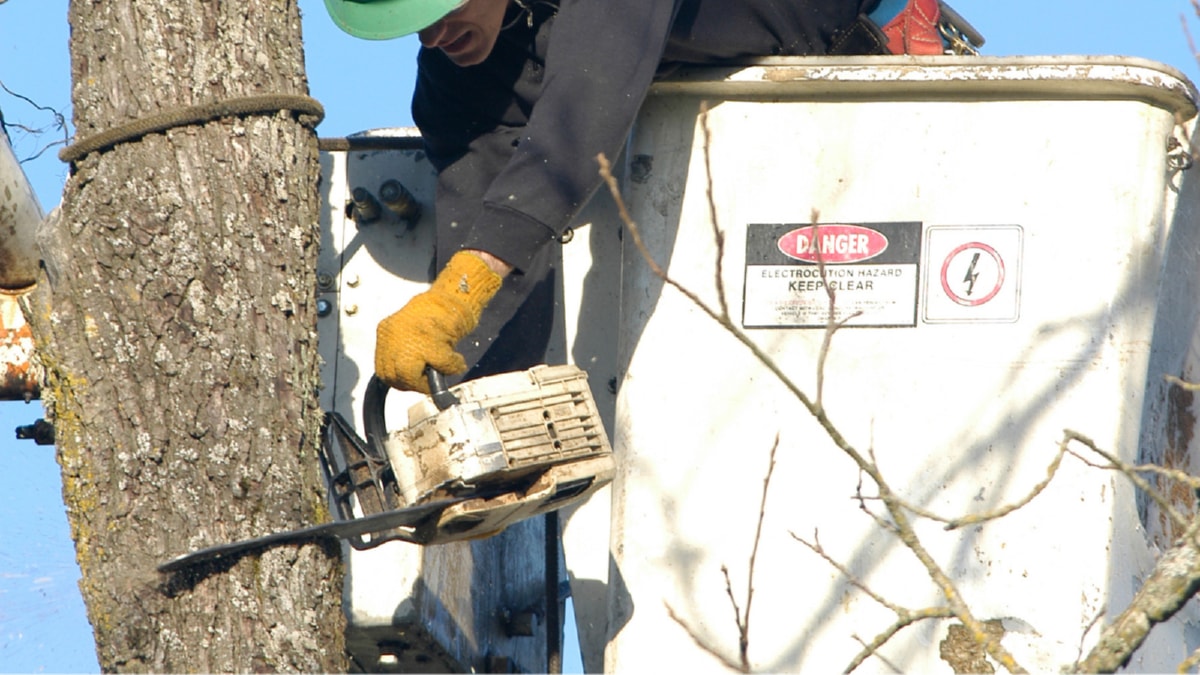Managing a construction project can be likened to conducting an orchestra. Each instrument plays a vital role in creating a harmonious symphony, and the project manager must ensure every part comes together seamlessly. This article offers an in-depth look at the essentials of overseeing construction endeavors, providing a comprehensive guide to project administration.
Building project administration is a multifaceted discipline that requires a wide range of skills. These skills include technical knowledge, leadership, communication, and problem-solving. A proficient construction project manager knows how to navigate the complexities of a construction project, ensuring everything runs smoothly and efficiently from start to finish.
The planning phase is the first, and arguably the most critical, stage of construction project management. During this phase, the project manager must identify the project’s scope, including the budget, timeline, and specific tasks to be completed. This phase also involves risk assessment, where potential obstacles and issues are identified and plans are made to mitigate them.
Once the project is underway, construction project management involves coordinating the efforts of various teams and individuals. The project manager must ensure that all parties are moving in the same direction, working towards the same goal. This requires excellent communication skills, as the project manager must clearly convey the project’s objectives and expectations to all involved.
Throughout the construction project, the project manager is responsible for monitoring progress and making necessary adjustments to keep the project on track. This involves regularly reviewing the project’s status, identifying any deviations from the plan, and taking corrective action when needed. The best project manager is not only reactive but also proactive, anticipating potential issues and taking steps to prevent them.
A crucial aspect of construction project management is ensuring compliance with safety regulations and standards. Construction sites can be hazardous environments, and it’s the project manager’s responsibility to ensure a safe working environment for all workers. This involves implementing safety protocols, conducting regular safety inspections, and providing necessary safety training.
Finally, the project efficient manager must handle the project’s closure, ensuring all tasks have been completed and all project objectives have been met. This includes conducting a final project review, addressing any remaining issues, and providing a final project report.
In conclusion, construction project management is a complex and demanding discipline that requires a broad skill set. However, with proper planning, effective communication, regular monitoring, and a strong emphasis on safety, a project manager can successfully guide a construction project from inception to completion. Understanding these essentials can make the difference between a project’s success or failure.
For more details, check best Kerbing service Kildare Galway Limerick Mayo Offaly or visit their business listing here.



